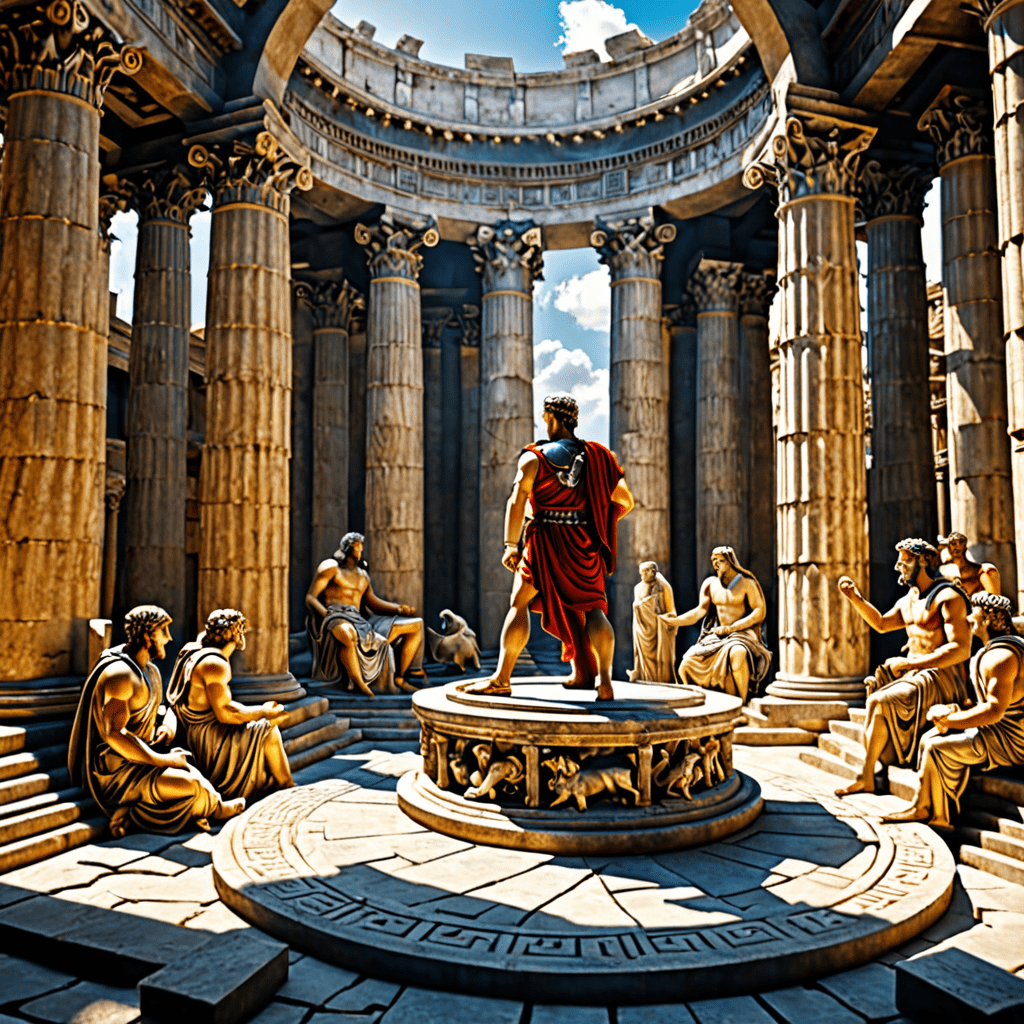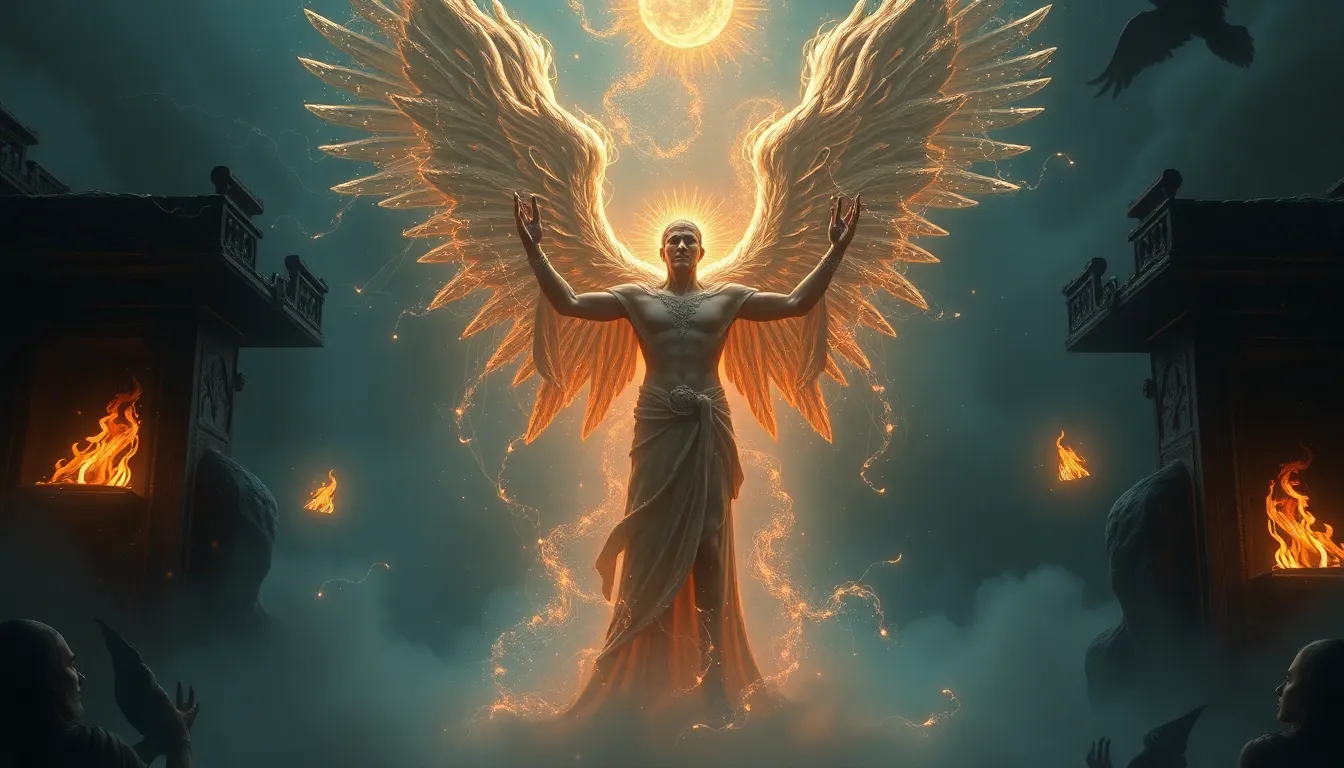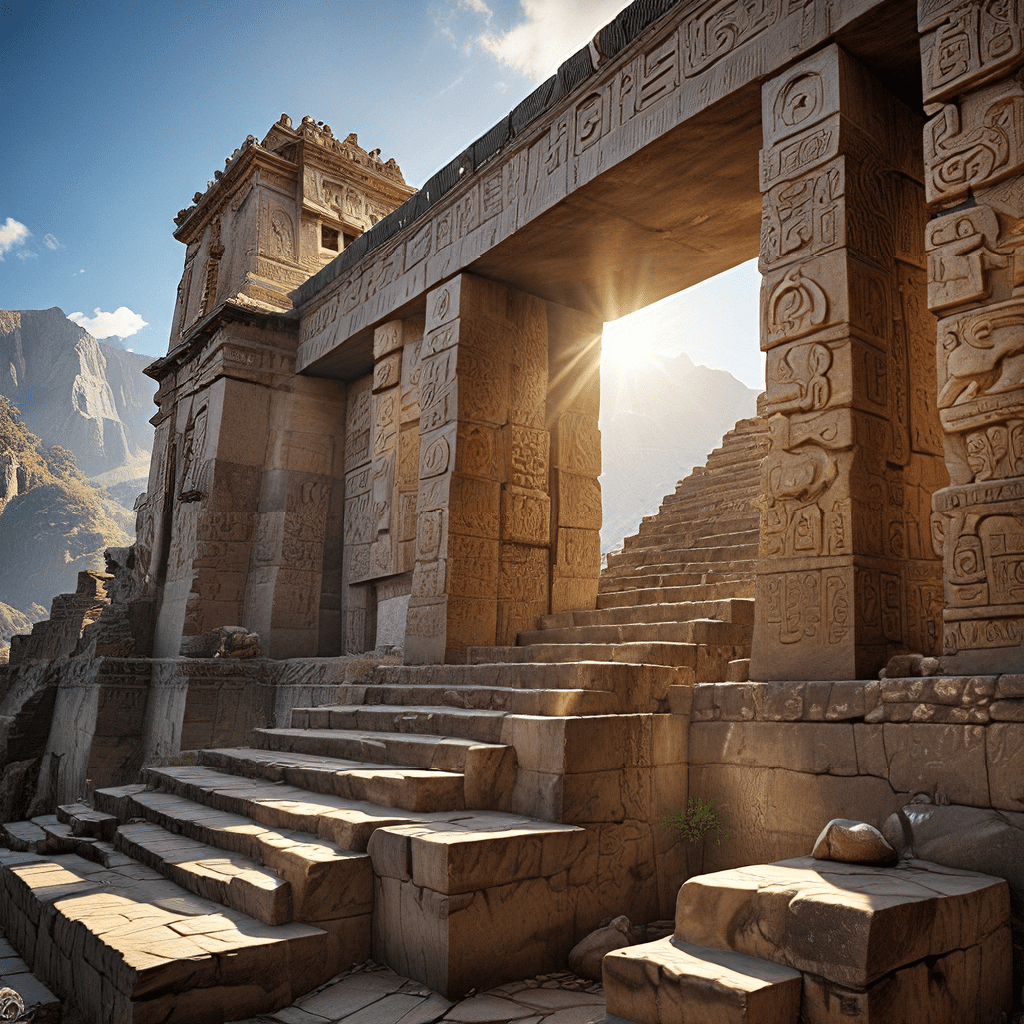Roman Mythology: Exploring the Concept of Innovation and Adaptation
Roman mythology, like many other ancient belief systems, offers deep insights into how societies evoke innovation and adaptation to explain the mysteries of the world around them.
The Evolution of Roman Mythology
Roman mythology, heavily influenced by Greek mythology initially, undergoes a fascinating evolution and adaptation to suit Roman culture and beliefs. Deities like Zeus in Greek mythology transform into Jupiter in Roman mythology, reflecting a shift in perspectives and values.
Innovation in Mythological Tales
One notable aspect of Roman mythology is its innovation in incorporating local deities and heroes into its pantheon. This blending of traditions shows a dynamic process where older beliefs merge with newer ones, creating a rich tapestry of myths that resonate with the Roman people.
Adaptation to Changing Times
As Roman society changed with conquests and interactions with other cultures, so did its mythology. Deities like Sol Invictus, the unconquered sun god, showcase the Roman adaptation to diverse beliefs and the incorporation of these into their existing mythological framework.
The Enhancing Nature of Roman Myths
Roman mythology’s flexibility and adaptability allowed for the inclusion of various narratives, goddesses, and heroes from different regions, fostering a sense of unity and continuity within the empire. This adaptability reflects the innovative spirit of the Romans as they integrated new ideas into their existing beliefs.
FAQs about Roman Mythology: Innovation and Adaptation
What is Roman Mythology?
Roman Mythology refers to the traditional stories, beliefs, and legends of ancient Rome. It encompasses the gods, goddesses, heroes, and mythical creatures that Romans worshipped and revered.
How did Romans innovate and adapt their mythology?
Romans often incorporated elements from Greek mythology into their own beliefs, adapting and reshaping them to fit their culture and society. They also created new deities and stories to reflect their changing environment and values.
Why is innovation and adaptation important in Roman Mythology?
Innovation and adaptation allowed Roman mythology to remain relevant and impactful throughout history. By evolving their stories and beliefs, Romans ensured that their mythology could resonate with future generations and stand the test of time.
Can you provide examples of innovations in Roman Mythology?
One notable example is the assimilation of Greek deities into the Roman pantheon, such as Zeus becoming Jupiter and Aphrodite transforming into Venus. Romans also created new gods like Janus, the two-faced deity of beginnings and endings.



